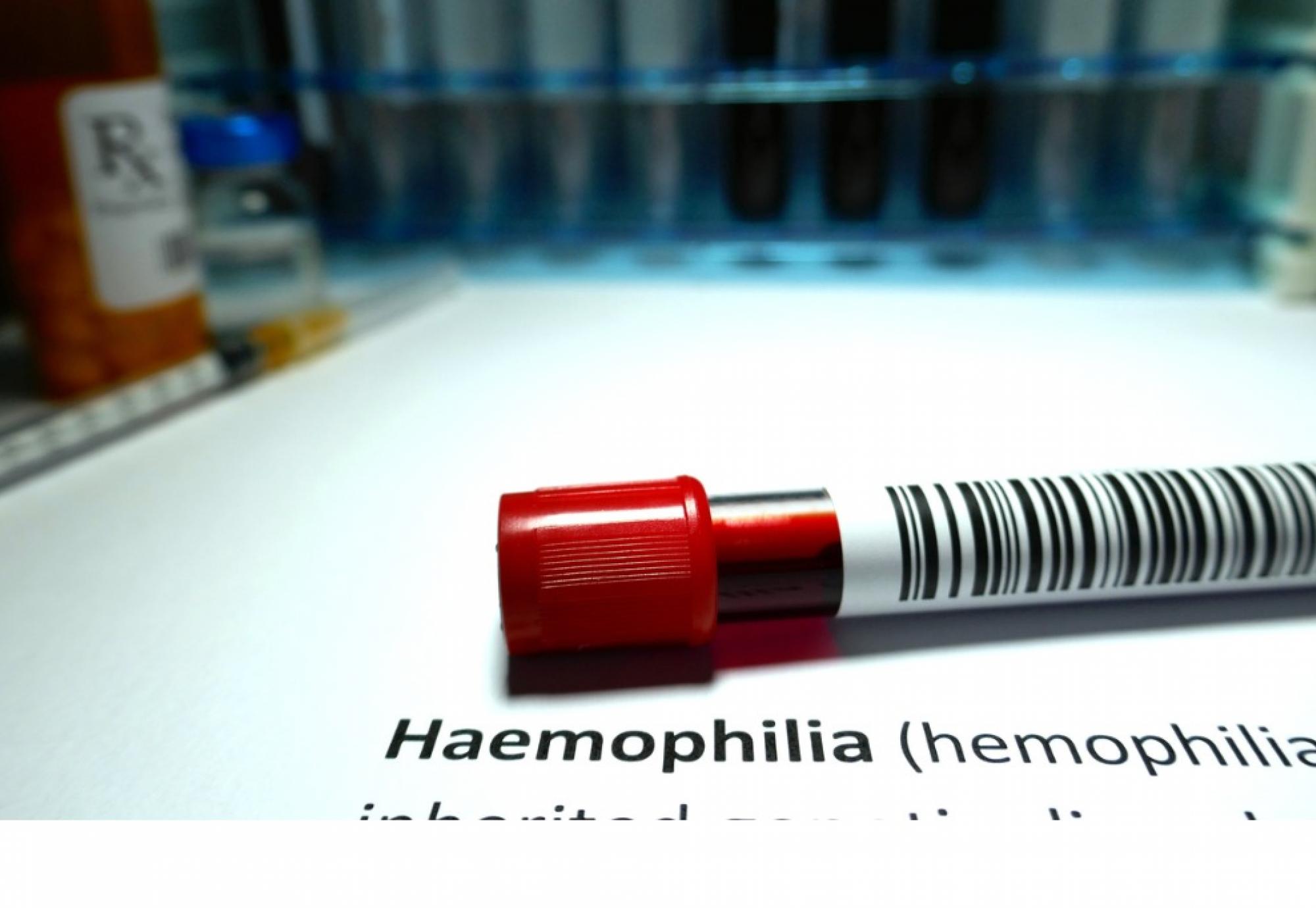New research has revealed that a single gene therapy injection could “dramatically reduce” the bleeding risk some haemophilia B patients face.
The study, conducted by researchers form the Royal Free Hospital, investigated how effective a new type of gene therapy – called FLT180a – was in treating moderately severe to severe cases of haemophilia B.
Haemophilia B is a rare, hereditary genetic bleeding disorder caused by low levels of the factor IX (FIX) protein, which is needed to form blood cells that help prevent and stop bleeding.
The FIX protein is made by a gene more commonly located in the X chromosome, meaning more severe cases of haemophilia B are more prevalent in men.
Currently, haemophilia B patients need to inject themselves weekly with “recombinant FIX”, which helps prevent excessive bleeding – however, even in spite of advances in treatment, patients still suffer from debilitating joint damage caused by their condition, when undergoing this type of therapy.
In a joint venture between Royal Free London and University College London, researchers found that a one-off treatment with the FLT180a gene therapy triggered sustained production of the FIX protein in the vast majority of patients, subsequently eliminating the need for regular injections.
Lead author, Professor Pratima Chowdary, clinical lead for haemophilia within the rare disease centre at the Royal Free London, said: “Removing the need for haemophilia patients to regularly inject themselves with the replacement protein is an important step in improving their quality of life. In the ongoing follow-up study, we are working to understand the most efficient dosing level of FLT180a and how we can modify our approach to immune suppression.”
The treatment works by using a small part of a virus to deliver a copy of a gene directly to patient tissues to compensate for the one that is missing. This new gene then generates the missing FIX proteins, allowing the blood to clot as normal.
In nine out of 10 patients, the therapy led to a sustained boost in FIX protein production, and after 26 weeks, five patients had normal levels of the FIX protein, three had low but increased levels, whilst one patient, who was treated with the highest dose, was observed to have an abnormally high level.
In order to stop their immune systems form rejecting the therapy, participants were required to take immune suppression drugs over the course of several weeks to several months.
Whilst the drugs were generally well tolerated by the patients, all of them experienced an adverse event of some description, including one patient suffering from an abnormal blood clot after receiving the biggest dose of FLT180a and having the highest level of the FIX protein.
Consultant at the Royal Free London, professor of haematology at University College London, and co-author of the study, Amit Nathwani, said: “Gene therapy is still a young field that pushes the boundaries of science for people with severe genetic diseases.
“The B-AMAZE long-term data add to the growing body of evidence that gene therapy has the potential to free patients from the challenges of having to adhere to lifelong therapy or could provide treatment where none exists today.”
More information about the research is available here.



















